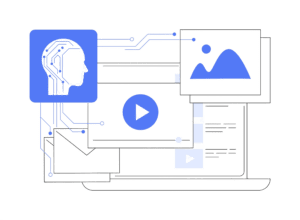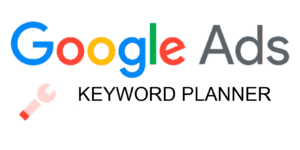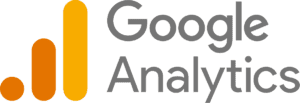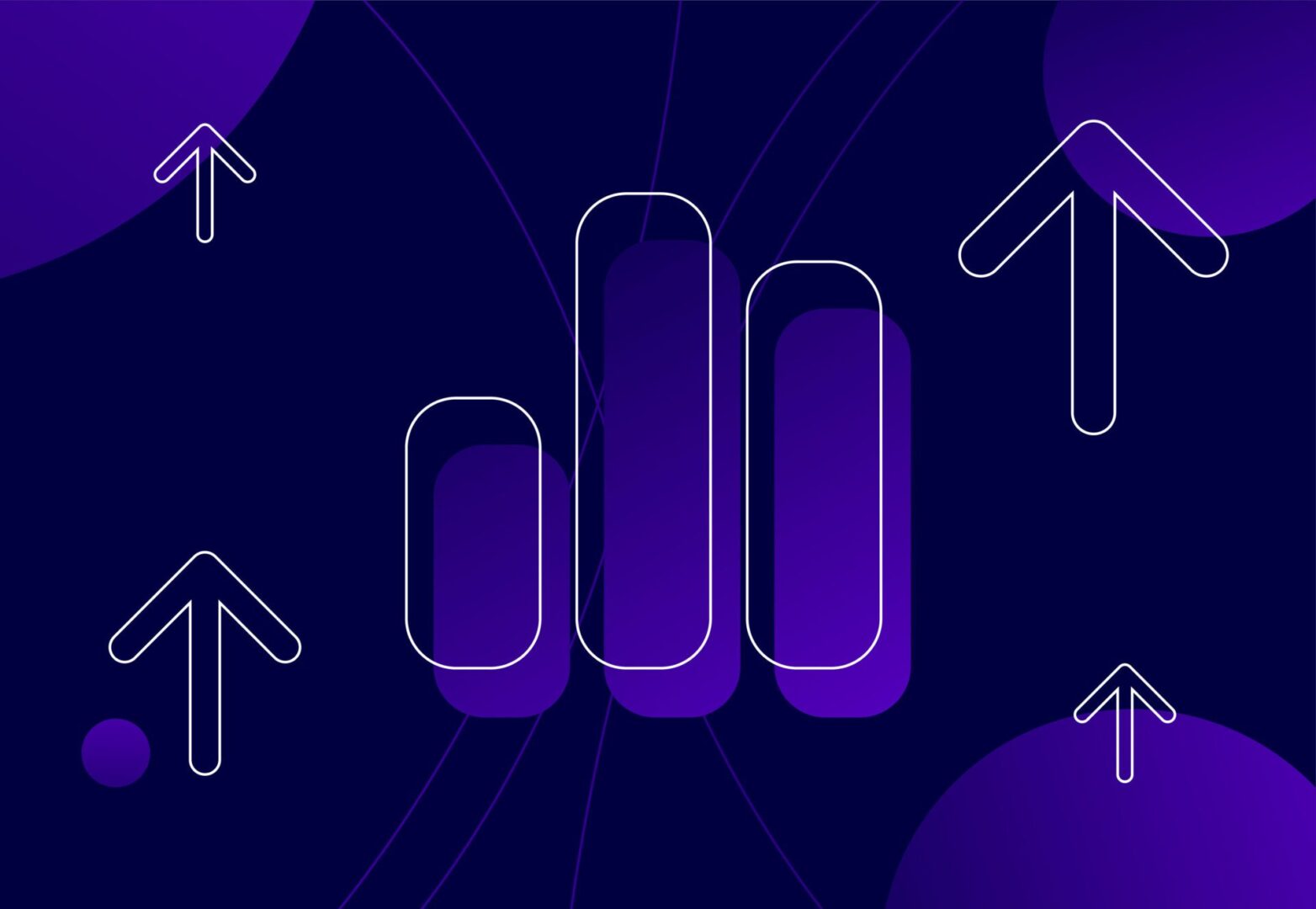As the world of advertising and digital marketing continues to evolve, it can sometimes feel difficult to keep up with all of the new systems and strategies. But difficult doesn’t mean impossible.
By doing your research into current and predicted trends and changes, you can make the most of your PPC, so that even as automated campaigns continue to grow in popularity and Google and Meta move towards a privacy-first web, you can prepare your site and your adverts for the new online environment.
But before we leap ahead, it’s important to understand where we’re at with PPC now. In order to do that, we need to understand:
What is the present state of PPC?
As it stands now, in 2024, PPC experts are already encouraging companies to diversify their marketing efforts by making use of multiple platforms. Since 2022, platforms like Amazon and Pinterest saw growths of more than 50% respectively.
The same survey, carried out by Swydo, also revealed that about a third of companies are spending over $500k a month on PPC, while almost 40% were spending between $50k and $500k on average. Evidently, PPC remains a highly important aspect of brand identity and driving site
 traffic.
traffic.
In the last two years alone, Google has developed their system with AI, increasing options for automated bidding, ad generation, and campaign management.
The survey results also showed that many companies are already focusing on AI and automation, and profit as marketing priorities. This indicates a common desire to make the most of advanced technological developments in conjunction with PPC strategy in order to see the highest ROAS and ROI from advertising campaigns in the not-so-distant future.
In order to keep up with the latest developments, as well as your competitors, and to surpass your client expectations and grow your business, let’s now look to the future.
Like the brands interviewed in the survey, by developing a business model that focuses on your future goals and how you can use marketing developments to your advantage, not only will you know what to expect from future PPC, but you’ll also be able to adapt your campaign accordingly so that you can be at the top of your game – and ahead of your competitors.
PPC and Privacy
Part of the new privacy measures introduced by Google and Meta recently involve restrictions on data like third-party cookies. This already presents a challenge to tracking conversions, but is also likely to create obstacles when it comes to using that collected data for campaigns.
These privacy measures are also going to make it more difficult to identify audience segments (tailored subgroups) to direct your individual-focused PPC messaging.

On the other hand, the extensive range of tools at your disposal, such as Google Analytics, Google Keyword Planner and Google Plans, do give PPC professionals a new playground to test out their skills and heighten their focus to optimise your ad campaigns for success. They also make it easier to analyse the PPC field more generally, so that you can learn from what is going well and not so well (for both you and your competitors) and use it to shape your future PPC campaigns.
What’s more, because of the restriction on third-party data, it’s likely that a lot of brands will have to develop their techniques from first party data, providing the great opportunity to work on your Customer Relationship Management. This means that you can centre the customer in everything you do, the way advertising should be.
Automation advancements
With the importance of people in mind, over the next five years we can expect to see Google turn even further towards asset groups to understand and categorise audience and data signals. This will necessitate, subsequently, a turn away from granular keyword research.

Callum Leonard, Head of PPC, adds:
“While this is useful for identifying trends in consumer behaviour and intent, basing an ad campaign around audience signals, instead of audience, search terms requires a more in-depth (and therefore more time consuming) data analysis process.
Unless brands learn to adapt quickly and carry out frequent monitoring of asset group interest and interactions with advertising, it’s likely that they’ll get left behind on the SERP.
To speed up the process, Google has introduced Performance Max PPC campaigns. This allows Google to identify successful conversion and then provide an insight into their audience demographic, using this data to target more asset groups of leads.”
Automation can be incredibly useful for PPC in terms of adjusting your bidding to respond to the most highly concentrated periods of activity or adapting your ads to appeal to certain specified demographics or asset groups. However, while it’s more time-efficient, automation isn’t always accurate, and lacks the human element of advertising that allows you to build an understanding relationship with your customers.
The increase in automation has also led to a reduction in troubleshooting tools as it’s assumed that the machines aren’t susceptible to human error. Unfortunately, this also means that advertisers have less control over their PPC strategies, meaning the best option companies might have in the future is to provide tools like Google Analytics with as much accurate data as possible.
On the uphand, this could reflect well back onto companies’ websites as they optimise their landing pages and improve their SEO so that Google has the best understanding of customers’ online habits and can target your ads toward optimal audiences accordingly.

Forecast PPC trends
More than ever before, as a greater reliance on automation continues to increase CPC (cost-per-click), brands will have to fully embrace data analysis in order to monitor their site performance, content optimisation and site structure.
While the ideal pairing remains a combination of SEO and PPC when it comes to marketing, it’s more difficult to drive organic traffic in a world that is taking advantage of AI to become increasingly PPC focused.
Don’t lag behind!
If you want to firmly cement your business in the industry as one to keep up with, even as CPCs continue to rise, then you need to advertise smarter not harder in order to afford and accommodate the changes to PPC.
The best way to stay up to date, as results have shown, is to diversify your marketing efforts by keeping up with industry trends and communicating across multiple marketing channels. When it comes to advertising, your best asset are the advertisers who not only have an understanding of consumer behaviour and PPC strategy, but who can effectively analyse marketing data rather than just blindly following Google’s recommendations.
FAQs
Answered by Tom McGuigan
Is TikTok the newest advertising platform?
TikTok isn’t necessarily the newest way to advertise, however, it is the platform gaining the most traction in terms of views, impressions and users. If your product falls under a category of people who may have a large presence on the app, then this could definitely be used as an advertising platform for you!
Is it possible AI use in PPC could be penalised by Google?
Ads created using AI could be deprioritised due to the generic nature of them. Google does give out penalties for AI-generated content, especially in organic strategies, where PPC may have to then ‘plug the holes’
How will PPC change with increasing mobile use?
Keywords used in PPC strategies need to be increasingly abbreviated and informal. Mobile searches often happen out and about, so there should be an element of urgency for PPC mobile ads.
How is automation likely to change in the near future?
PPC automation is a consistently growing area and there is thought that there will be a move away from keywords and a higher focus on topics. This puts the control in the hands of the user, something which Google is fond of.
Deeper Insights:












